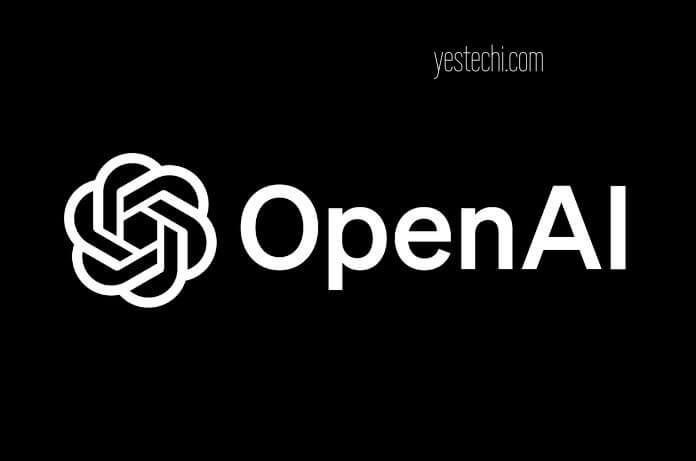ChatGPT Search, OpenAI’s web-powered feature within ChatGPT that allows real-time access to online information, is expanding at an impressive rate across Europe.
According to a report filed by OpenAI Ireland Limited, ChatGPT Search saw an average of 41.3 million monthly active recipients over the six-month period ending March 31, 2025.
That’s a major jump from the 11.2 million monthly users it averaged in the previous six-month stretch ending October 31, 2024.
OpenAI publishes these usage figures to comply with the EU’s Digital Services Act (DSA) — a regulation that governs many aspects of online services in Europe.
Under the DSA, monthly active recipients are defined as people who actually engage with a service at least once within a given timeframe, such as by viewing, listening, or interacting with content.
The growing popularity of ChatGPT Search could soon trigger new regulatory obligations. Once a platform exceeds 45 million average monthly recipients in the EU, it’s classified as a “very large online platform.” This status comes with stricter responsibilities: giving users the option to opt out of personalized recommendations, sharing specific data with researchers and authorities, and undergoing external audits.
Failure to meet DSA standards could lead to fines of up to 6% of a company’s global turnover, and persistent non-compliance could even result in temporary suspension in the EU.
Since its debut, ChatGPT Search has started to chip away at Google’s dominance, though the gap remains enormous.

What Happens When ChatGPT Search Crosses 45 Million Users?
A poll from September 2024 found that 8% of respondents would choose ChatGPT over Google as their primary search engine.
Nevertheless, Google still processes roughly 373 times more searches than ChatGPT.
However, success hasn’t come without hurdles. Research has found that AI-powered search engines like ChatGPT can sometimes be less reliable than traditional search engines.
One study found ChatGPT incorrectly identified 67% of searched-for articles, and another pointed out issues with the AI’s accuracy around news content — even content from publishers that have licensing agreements with OpenAI.
As ChatGPT Search grows in popularity, the pressure will be on OpenAI not only to scale responsibly but also to ensure the information it provides is as accurate and trustworthy as possible.
ChatGPT Search, OpenAI’s web-powered feature within ChatGPT that allows real-time access to online information, is expanding at an impressive rate across Europe.
According to a report filed by OpenAI Ireland Limited, ChatGPT Search saw an average of 41.3 million monthly active recipients over the six-month period ending March 31, 2025.
That’s a major jump from the 11.2 million monthly users it averaged in the previous six-month stretch ending October 31, 2024.
OpenAI publishes these usage figures to comply with the EU’s Digital Services Act (DSA) — a regulation that governs many aspects of online services in Europe.
Under the DSA, monthly active recipients are defined as people who actually engage with a service at least once within a given timeframe, such as by viewing, listening, or interacting with content.
The growing popularity of ChatGPT Search could soon trigger new regulatory obligations. Once a platform exceeds 45 million average monthly recipients in the EU, it’s classified as a “very large online platform.”
This status comes with stricter responsibilities: giving users the option to opt out of personalized recommendations, sharing specific data with researchers and authorities, and undergoing external audits.
Failure to meet DSA standards could lead to fines of up to 6% of a company’s global turnover, and persistent non-compliance could even result in temporary suspension in the EU.
Since its debut, ChatGPT Search has started to chip away at Google’s dominance, though the gap remains enormous.
A poll from September 2024 found that 8% of respondents would choose ChatGPT over Google as their primary search engine. Nevertheless, Google still processes roughly 373 times more searches than ChatGPT.
However, success hasn’t come without hurdles. Research has found that AI-powered search engines like ChatGPT can sometimes be less reliable than traditional search engines.
One study found ChatGPT incorrectly identified 67% of searched-for articles, and another pointed out issues with the AI’s accuracy around news content — even content from publishers that have licensing agreements with OpenAI.
As ChatGPT Search grows in popularity, the pressure will be on OpenAI not only to scale responsibly but also to ensure the information it provides is as accurate and trustworthy as possible.
Chatgpt Chatgpt in europe chatgpt search
Last modified: May 3, 2025









